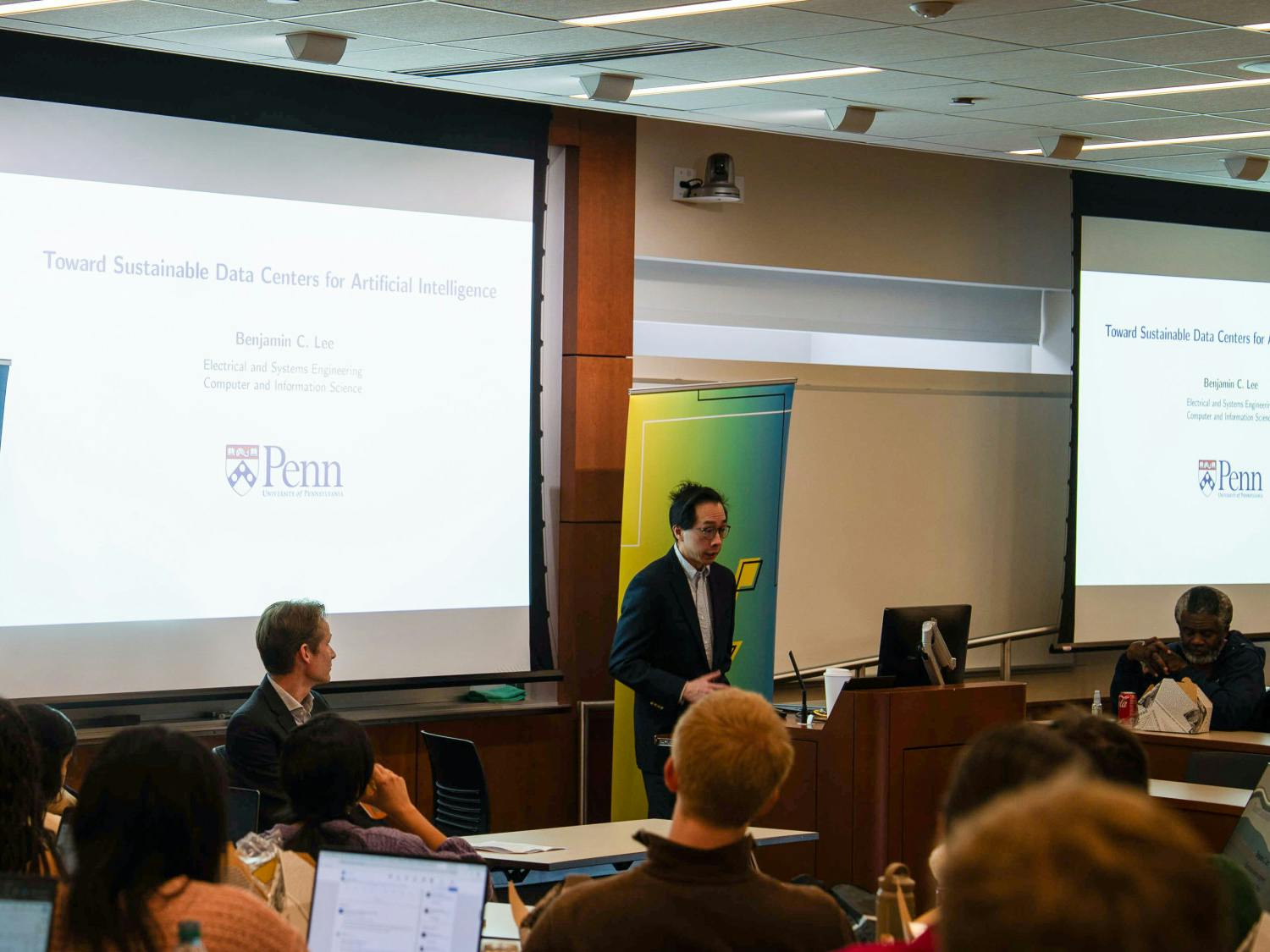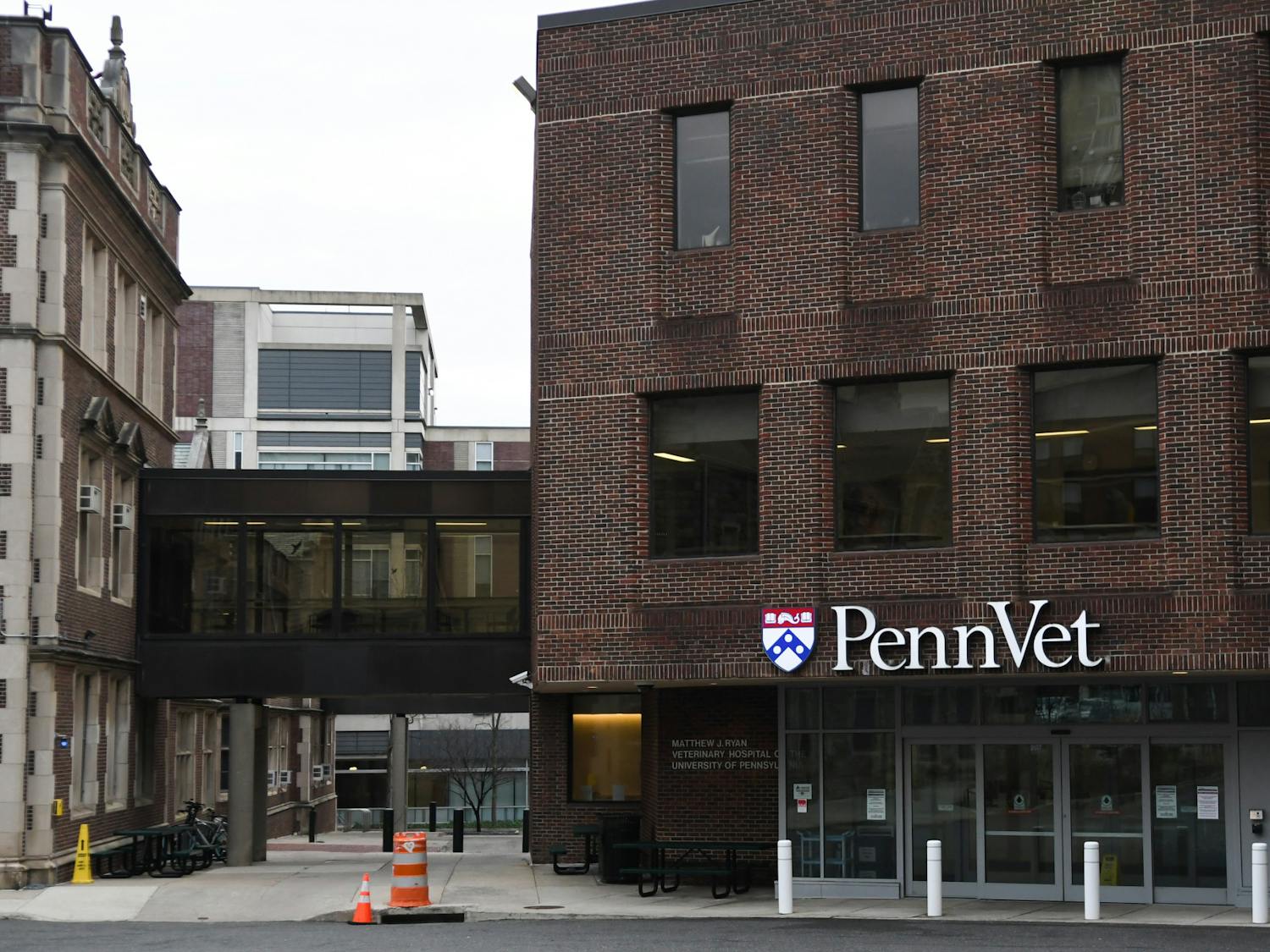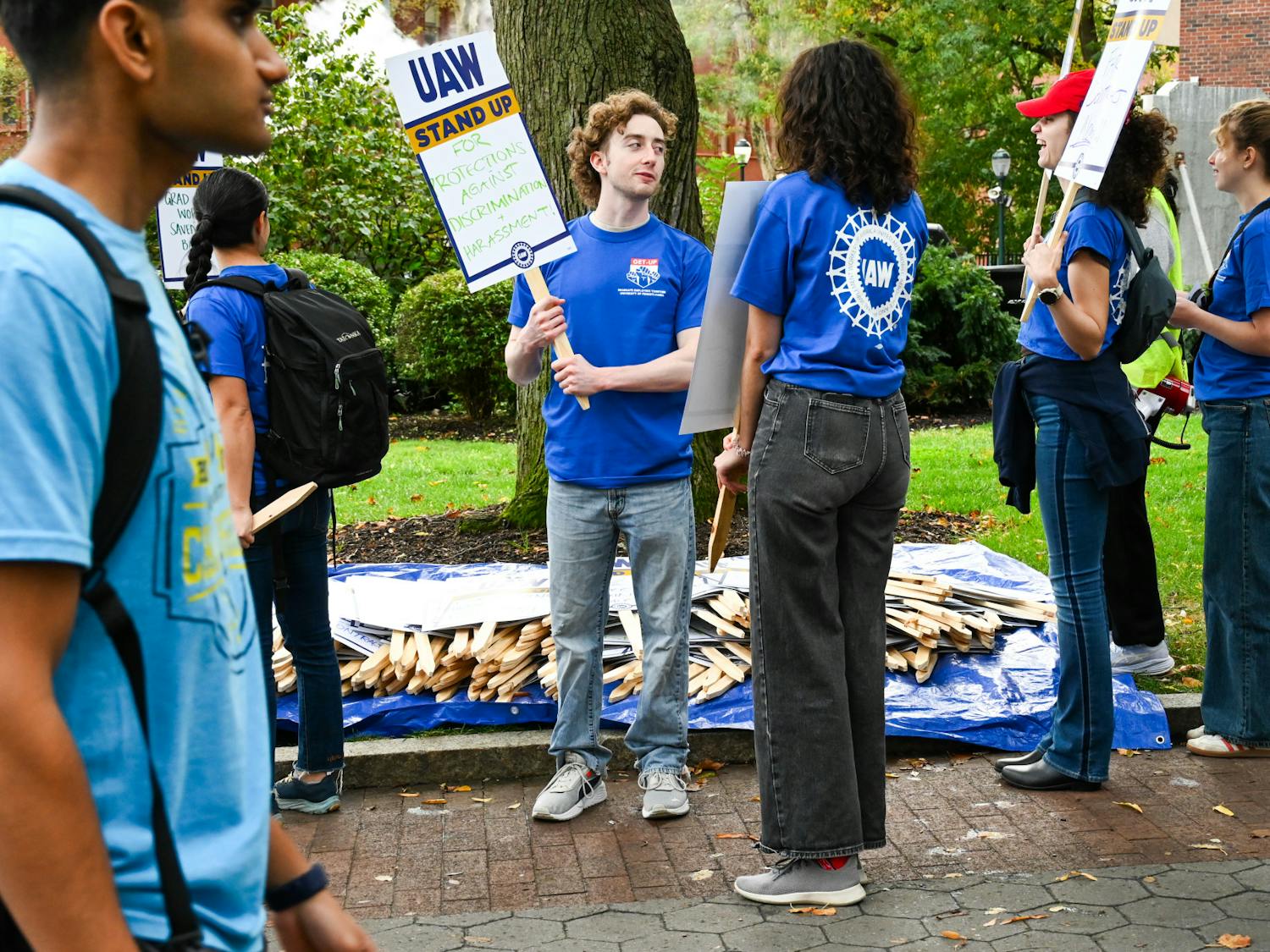The Institute of Educational Science has awarded Penn’s Graduate School of Education two grants to fund education research and training programs.
IES, an arm of the Department of Education, offers several grants each year to improve educational outcomes through data-driven research. Penn’s two grants will be used to establish training and fellowship programs to introduce scholars to novel research tools through an interdisciplinary lens, according to Penn GSE News.
One program, led by Professor Emeritus of Education and Social Policy Rebecca Maynard and assistant professor in GSE A. Brooks Bowden, will revitalize a previous program at Penn, the Predoctoral Training Program in Interdisciplinary Methods for Field-Based Research in Education. The $4.5 million program will recruit 30 fellows to research educational policy and practice, Penn GSE News reported. Fellows will be selected from the School of Arts & Sciences, School of Social Policy and Practice, Wharton, and the Annenberg School for Communication.
Fellows will have the opportunity to partner with organizations like Penn's Netter Center and the School District of Philadelphia throughout the program to gain real-world experience with pressing issues in the field of education. The School District of Philadelphia is among the worst in the nation for educational performance and is operating remotely until Nov. 17, causing many students without internet access or a laptop to be left behind.
The second grant, led by Bowden and worth nearly $800,000, will establish a training program on the cost-effectiveness of education interventions for local and state analysts. Bowden told Penn GSE News that education research with a cost-efficiency focus can positively benefit schools by informing targeted policy solutions.
“I am so proud that IES has chosen to bring these programs to Penn GSE,” GSE dean Pam Grossman told Penn GSE News. “[Maynard] and [Bowden] are creating programs that will give a new wave of scholars the tools to answer crucial questions about how we can improve education for every child.”
This year, IES has set new guidelines for funded research due to the impact of COVID-19. IES has increased flexibility for research projects to accommodate school closures and delayed timelines.
Penn GSE has been awarded multiple IES grants in the last 16 years, the latest to Bowden and GSE senior researcher Ryan Fink in 2016. IES awarded them a $3.3 million grant to conduct research on the effectiveness of Zoology One, an integrated science and literacy curriculum, in improving the academic performance of kindergarten students.
RELATED:
Penn prof. wins up to $150,000 from Rita Allen Foundation to fund neuroscience research
Penn lab and startup awarded $667,000 NIH grant to improve COVID-19 antibody testing
Previous IES recipients praised the fellowship program for its interdisciplinary approach to education policy as well as its academic rigor.
“I would say [conducting IES-funded research] was one of the most important things I did as a grad student,” 2008 Wharton graduate and associate professor in education policy Michael Gottfried told Penn GSE News. “They are building up your toolset and giving you opportunities that I don’t think you would find on your own as a grad student.”









